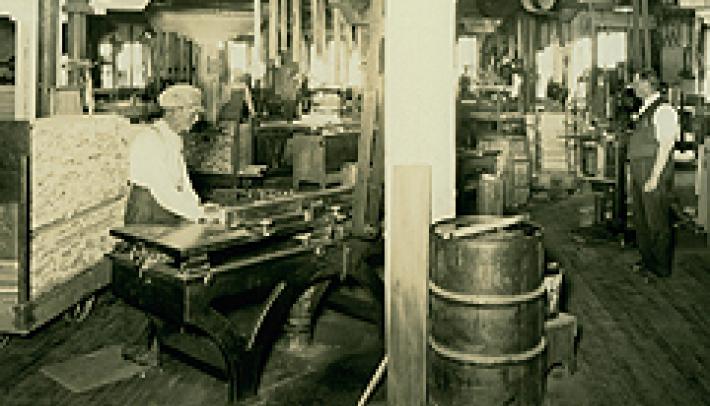collapse >>
Search for Articles
APWU Arbitration Award Secures Grievance Rights for Separated Non-Probationary Employees
July 17, 2025
The APWU has secured a major victory for the rights of non-probationary employees who are discharged without just cause from the Postal Service to file grievances on those discharges and have them heard in arbitration, Industrial Relations Director...
WATCH: APWU President Dimondstein on Ratification of 2024-2027 National Agreement
July 12, 2025
APWU President Mark Dimondstein Addresses the membership on the Ratification of the 2024-2027 National Agreement
APWU, USPS Reach Tentative Agreement Covering Operating Services Workers
July 2, 2007
The APWU and the USPS have reached a tentative agreement covering Operating Services workers, which is modeled on the Collective Bargaining Agreement for employees in the Clerk, Maintenance and Motor Vehicle Crafts. If ratified, the tentative...
Labor Department Study Affirms That FMLA ‘Is Working as Intended’
July 2, 2007
A Department of Labor study released June 27 confirms what most Americans already know, that “family and medical leave is good for workers and their families, is in the public interest, and is good workplace policy.”
DHL Subsidiary Ordered to Stop Interfering With Workers’ Rights at Ohio Sorting Hub
July 2, 2007
An NLRB Administrative Law Judge has ruled that DHL Express of Wilmington, OH, is guilty of the unfair labor practice charges lodged against the global-delivery company by the APWU late last year.

The 1911 Furniture Workers Strike
June 30, 2007
A century-old and nearly forgotten story about furniture workers who overcame deep cultural divisions to unite for their common good was recently put back in the limelight by a group of labor activists.
Despite Majority Support, ‘EFCA’ Blocked in Senate
June 28, 2007
Although a majority of U.S. Senators clearly favor the Employee Free Choice Act, anti-worker lawmakers have prevented the Senate from passing the measure.
Fifty-one senators voted June 26 to end debate and pass the act. But the 48 senators who...



